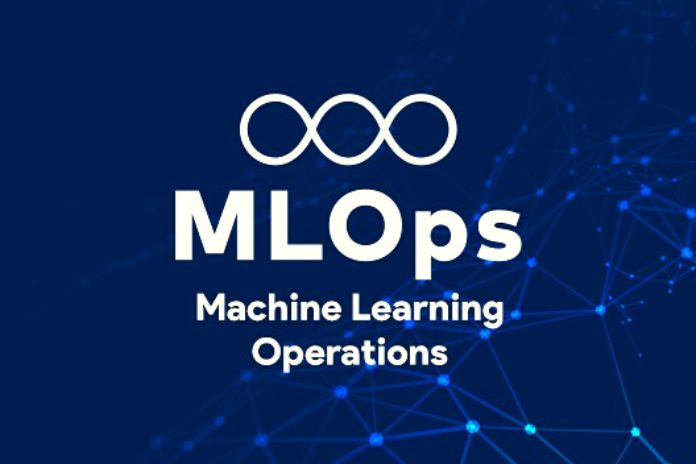When AI models show up underway, they need updates and checking, and a group to deal with these tasks can be vital. However troublesome as it might be for information researchers to mark information and foster precise AI models, overseeing models underway can be much more plague. Retraining models by refreshing datasets, further developing execution, and keeping up with essential innovation stages are fundamental practices for information science. Without these disciplines, models can create mistaken results that have a critical (and adverse consequence) on the business.
Creating prepared creation models is no simple accomplishment. As per a focus on AI, 55% of organizations had not carried out models, and 40% or more required over 30 days to carry out a model. Achievement brings new difficulties, and 41% of respondents perceive the trouble of forming AI models and reproducibility. Model administration and activities have been tried for the most progressive information science groups. Assignments currently include:
- Checking creation of AI models.
- Mechanizing model retraining.
- Perceiving when models require refreshes.
As other associations put resources into AI, the need to make consciousness of model administration and tasks increments. Fortunately, open source stages and libraries like MLFlow and DVC and business apparatuses from Alteryx, Databricks, Dataiku, SAS, DataRobot, ModelOp, and others are working on model administration and tasks for information science groups. Public cloud suppliers additionally share practices, for example, executing MLops with Azure Machine Learning. MLops is a term for overseeing AI models and incorporates the way of life, customs, and innovations expected to create and keep up with AI models.
Understanding Of Model Management And Operations
As a product engineer, you realize that finishing an application variant and carrying it out to creation is not an inconsequential cycle at this point. In any case, a considerably more critical test starts once the application arrives at design. End clients anticipate customary enhancements, and the basic foundation, stages, and libraries require fixing and upkeep. How about we go to the logical world, where questions lead to different speculations and redundant tests? During your science class, you figured out how to keep a log of these investigations and to follow the changing way of various factors starting with one trial and then onto the next.
Trial and error prompt improved results, and interaction documentation persuades associates that you have investigated all aspects and that the outcomes are reproducible. Information researchers exploring different avenues regarding AI models should consolidate programming improvement and logical exploration disciplines. AI models are programming code created in dialects like Python and R, worked with TensorFlow, PyTorch, or other AI libraries, run on stages like Apache Spark, and sent in the cloud foundation.
Creating and supporting AI models requires vast trial and error and improvement, and information researchers should exhibit the exactness of their models. Like programming advancement, AI models additionally require continuous support and improvement. Some of these come from keeping up with code, libraries, stages, and foundations, yet information researchers likewise stress over purported model floats. This model “float” happens as new information opens up and AI models’ forecasts, bunches, divisions, and suggestions veer from the expected outcomes.
MLops Also Deals With Automation And Collaboration
Between fostering an AI model and checking it underway are different devices, cycles, coordinated efforts, and capacities that empower information science practices to scale. Some mechanization and framework rehearses equivalent to DevOps and incorporates foundation as code and CI/CD (constant reconciliation/ceaseless conveyance) for AI models. Others have designer highlights, for example, forming models with essential preparation information and looking through the model vault.
The most critical parts of MLops carry a logical approach and coordinated effort to information science groups. For instance, DataRobot empowers a hero challenger model that can run different exploratory models lined up to test the exactness of the creation rendition. SAS needs to assist information researchers with further developing information quality, and Alteryx, as of late, acquainted Analytics Hub with empowering cooperation and dividing among information science groups. This shows that overseeing and scaling AI takes more discipline and practice than requesting that an information researcher code and test k-implies calculations or a convolutional brain network in Python.
Also Read: The Phases Of Business Intelligence

